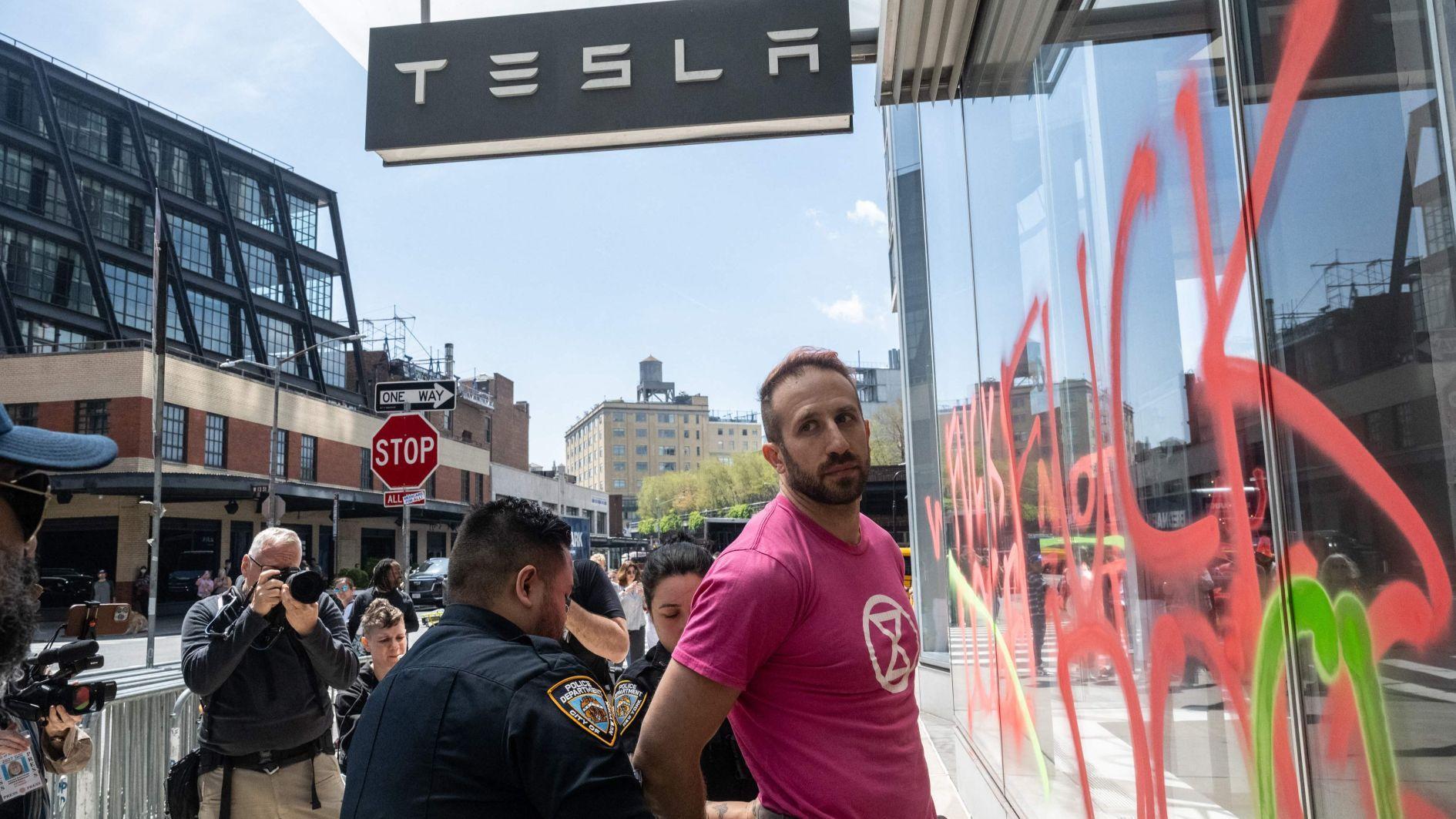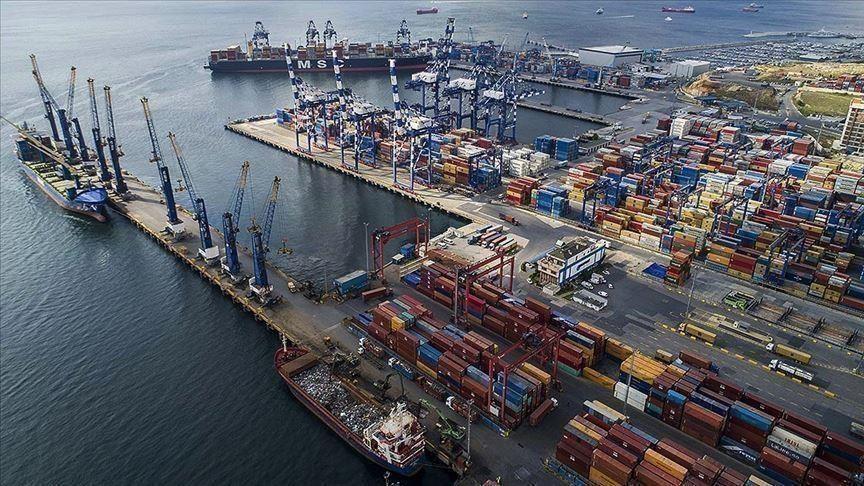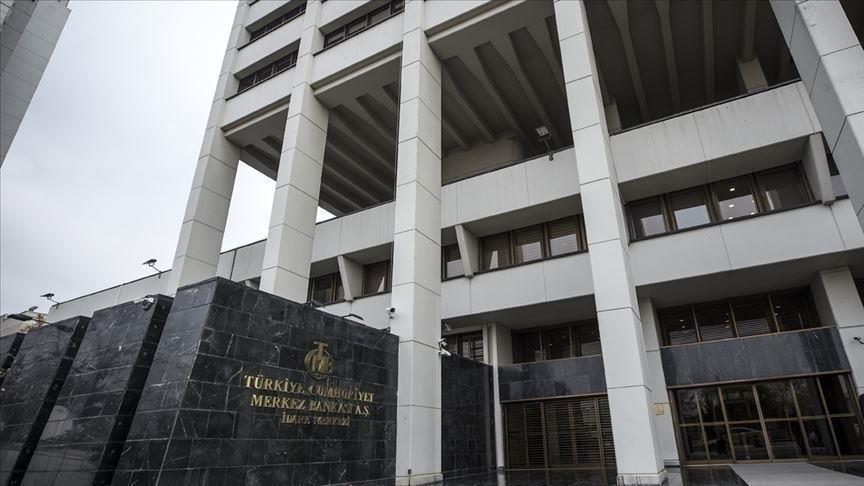A new reality: Kurdish statehood
However Turkey would like to perceive it, and despite Turkey’s great efforts, a Kurdish reality has been created in northern Iraq over the past two decades.
Is there anyone who remember the operation “Poised Hammer” or the “No-fly zone” in that region to protect the Kurds from the wrath of Saddam Hussein, the ruthless dictator of Iraq? Who was behind those efforts?
The Americans, the Israelis, Germany, Britain and so on. What happened eventually? A Kurdish zone was consolidated and was aided in transforming itself into an autonomous area as described – but never implemented by Saddam – in the Iraqi constitution – gaining a new and strengthened status with the “democratized Iraq.” Now it is heading toward a declaration of statehood.
A similar process is continuing in northern Syria, along the Turkish border, nowadays. In the northern Syrian border region, it has been the Russians and the Bashar al-Assad’s ruthless regime that have been helping the Syrian Democratic Party (PYD) and its People’s Protection Units (YPG) carve out a self-controlled secure region, even as the rest of Syria is in flames. There are also intelligence reports that the PYD has been helped out by Islamic State of Iraq and Levant (ISIL) terrorists. That collaboration, the evidence of which was reported to have been conveyed by Turkey to Washington and other anti-ISIL coalition members, has so far not been acknowledged. At the other end of the same region, cut into two zones as a result of a recent “Operation Euphrates Shield” undertaken by Turkish troops, the PYD has been supported by the U.S.-led Western alliance. On the eve of Turkish President Recep Tayyip Erdoğan’s visit to the White House on May 16, American President Donald Trump signed an executive order to provide sophisticated heavy weaponry and smart ammunition to the YPG, which the U.S. considers its prime ally in the fight against ISIL.
The American move was of course a slap in the face for Erdoğan, whose men were at the doors of all executive positions in Washington for the past many days to beg the U.S. to avoid such a humiliating development. Alas, the U.S. has made its decision and it was not Turkey but the PYD that was chosen as the “prime ally” in the new operations in the Middle East.
Now, with American support and generous grants, the PYD will convert the YPG from a terrorist group into a full-fledged armed force. If there is an army, there will also be a state. Bashar al-Assad’s Damascus does not have the capability of fighting and preventing a U.S.-supported Kurdish army from consolidating self-rule and heading toward independence in northern Syria, and Turkey cannot declare war on the “Syrian Kurds featuring a consolidated U.S. shield,” which would amount to Turkey attacking American troops.
Can Turkey, which holds a narrow strip in between the Iraqi and Syrian Kurdish regions, prevent these two zones from uniting and forging a greater Kurdistan state? Turks should better sit back and reconsider what’s going on in their backyard before yelling at Americans that the upcoming meeting of Erdoğan at the White House will not be an occasion for a “comma” but rather a “full stop.” What does that awkward statement mean? Can Turkey tell Trump “If you want to continue with the Kurds, we wish you good luck, but we are off this wagon”?
It is so unfortunate that the persistent, short-sighted or sheer wrong foreign policy undertaken by Turkey has reduced the importance of Ankara’s potential role in global game setting into a negligible one. With flip-flop policies, constant yelling at everyone, tensions with most members of NATO and the perception that Turkey cannot be calmed by anyone have landed Turkey in a very difficult situation. Claims that Turkey’s allies are envious of the country, unfortunately, have been nothing more than a very bad joke if not a schizophrenic hallucination.
Turkish relations with the United States have never been so worse. The same could be said for Turkey’s relations with Germany, Austria, Denmark and the Netherlands…
Assuming that relations might be corrected overnight with a “Sorry, we were wrong” apology might not always work in foreign relations after statesmen tried to score some points in domestic politics by antagonizing vital partners.
Now, we can say with full confidence that next door, a Kurdish reality is marching toward statehood while we are left with no friends and allies either in the neighborhood or in our old allied camp.











